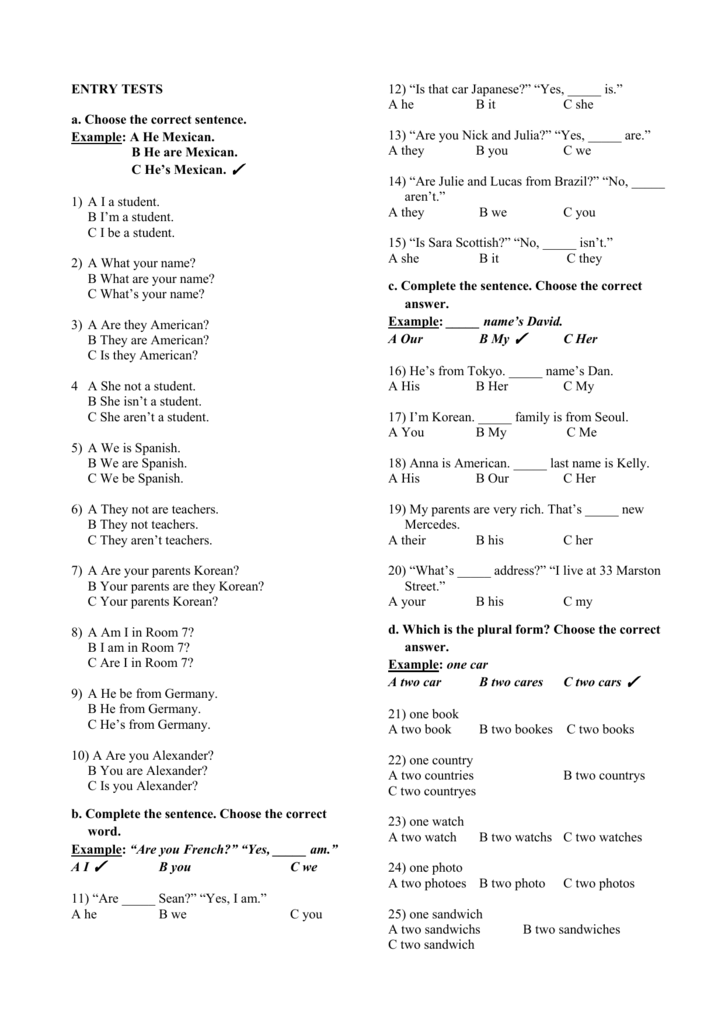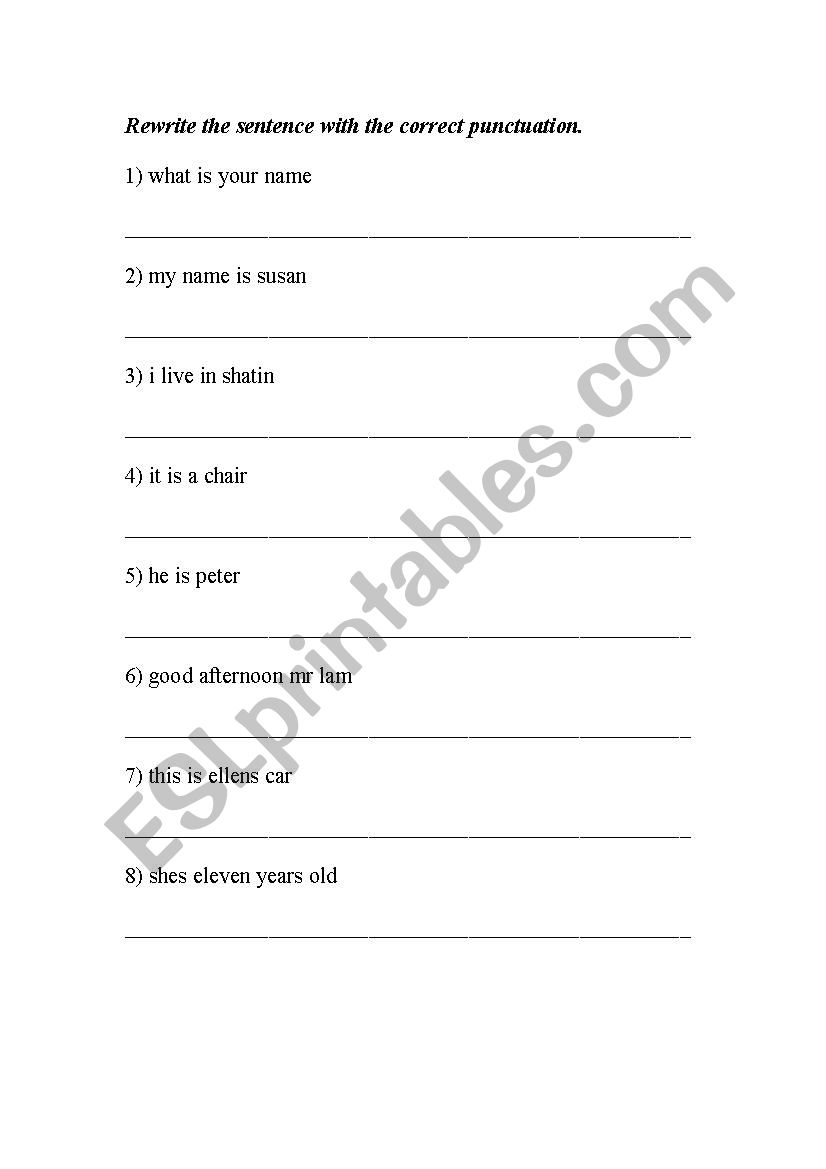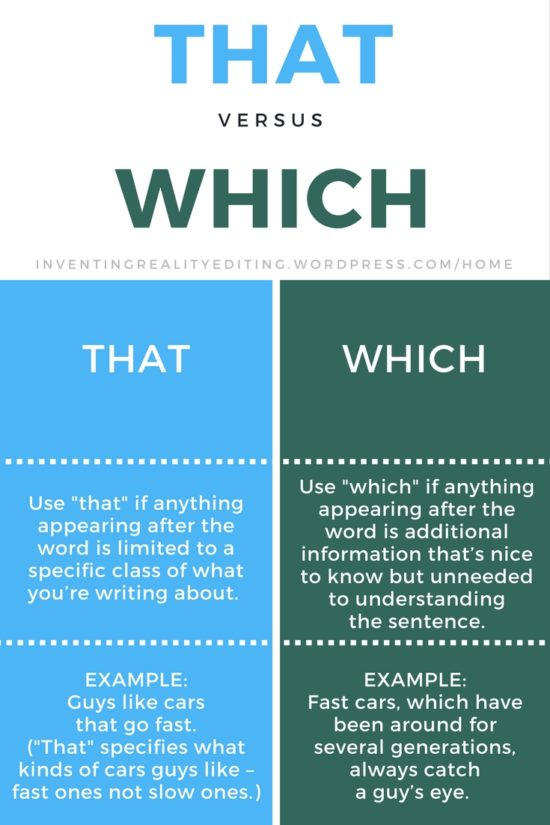The rule here is pretty straightforward, and Purdue's Online Writing Lab has a nice explanation. 'However' is a useful word but intimidates many writers who don't know how to use it correctly. It is an adverb that can be used at the beginning of a sentence, followed by a comma, to introduce a contrasting statement. It can also be used, along with a semicolon, to join two independent clauses into a compound sentence.
It can be inserted as an aside into an independent clause with commas on either side. It can be used, with no punctuation before or after it, to mean 'in whatever manner'. As a conjunctive adverb, however is used to join two independent clauses to form a compound sentence. An independent clause is a clause that could stand alone as a complete sentence.
The "however" introduces a contrast or opposition between two independent clauses. However is a conjunctive adverb, not a coordinating conjunction . Remember that an adverb modifies a verb, and the word conjunction implies that it's bringing two separate ideas together. A conjunctive adverb must use a semicolon to connect two independent clauses, NOT just a comma. Learn to distinguish conjunctive adverbs from subordinating conjunctions; they do not function in the same way.
Conjunctive adverbs should be used to begin independent clauses, not to join them. A common problem writers face is the incorrect usage of conjunctive adverbs. Many times it is because they confuse them with coordinating conjunctions. Enclosed by commas it underlines what precedes it, often with contrast. Without either it points to the contrast without emphasis; this lets you avoid unnecessary punctuation where no ambiguity is likely to arise. Once the writer realizes how "however" can best be used, they need to understand the punctuation that assists this statement-linking word.
Proper punctuation allows for the reader to clearly understand the point being made. If "however" joins two simple sentences that together create a compound sentence, it is there to show contrast. This requires a semi-colon before the word "however" and a comma after the word and before the rest of the following statement. All of these examples create comma splices because there are complete sentences to the left and the right of the conjunctive adverbs however, therefore, and moreover. The commas after "growth," "hunger," and "poet" create the comma splices. Here is the correct way to punctuate these sentences.
Your thoughts on punctuation with then as a conjunctive adverb? In my early copyediting days, it was drilled into me that then required a comma + and or a semicolon between two independent clauses ("Drive 4 miles, and then turn left . . ."). A copy chief I worked with as a freelancer about a decade ago figuratively slapped my hands for following that rule, saying that a comma alone sufficed and the traditional rule was old-fashioned. I've been using just the comma ever since, but I'm suddenly gripped by second thoughts.
In a nutshell, however is an adverb, not a true conjunction, so it can't join two independent clauses with just a comma. You can either join those clauses with a semicolon or separate them with a period. But either way, however should be set off by commas. When it's in the middle of a clause, the commas go on both sides; when it's at the beginning of a clause, it just needs a following comma.
Hopefully this will help Bob stop getting those funny looks. Unlike the coordinating conjunction "but," "however" is not used to link two independent clauses in a single sentence. As such, if you want to use it to contrast two points, you need to make sure they are both complete sentences. Punctuation and grammar rules state that two independent clauses connected with a conjunctive adverb cannot be joined with only a comma.
The semicolon is strong enough to hold them together, and the full stop of the period is powerful enough to break the clauses apart. The adverb "however" means "to whatever extent or degree". It's typically used in sentences to merge two independent clauses to make a single, compound sentence. The term could be used in the middle of a sentence, with or without punctuation. You and some other readers raised a good point, and I've revised the post a little to address that.
When used at the start of a new clause, these transitional adverbs or adverbial phrases should be preceded by a period or a semicolon, not a comma. But in mid-sentence, they should be set off by commas, as in Transitional adverbs, for example, can be tricky. When a conjunctive adverb connects two independent clauses in one sentence, it is preceded by a semicolon and followed by a comma. An independent clause is a unit of grammatical organization that includes both a subject and verb and can stand on its own as a sentence. In the previous example, "I went running" and "I saw a duck" are both independent clauses, and "and" is the coordinating conjunction that connects them. You put a semicolon before other conjunctive adverbs when they connect main clauses too.
For example, you'd put a semicolon before the words "consequently," "moreover," "nevertheless," "still," and "therefore" in similar sentences. However is a conjunction, meaning that it is a word used to connect clauses in a sentence. However connects independent clauses, which are phrases that could be stand alone sentences, meaning that they contain a subject and an action. As you may recall from above, an independent clause has a subject and a verb and can stand on its own as a sentence. Often, a coordinating conjunction will connect two independent clauses — like the word "but."
Though some writers rebel against this rule and surround their conjunctive adverbs with commas, most still prefer the significant pause the semicolon or period offers. Possibly, the only similarity between "but" and "and" is the punctuation usage. Both do not have commas after them, and they also usually have just a comma right before when merging two independent clauses instead of a semicolon, unlike "however". Finally, the correct sentence comes with a semi-colon before "however" and a comma after.
The semi-colon breaks up the two connected clauses to help with understanding. "However" stands alone as a coordinating conjunction, meaning a comma needs to come directly after it before the new clause makes sense. When two independent clauses come together to make a compound sentence, "however" is used with a semicolon (;) before it and a comma right after. However also can be used in the middle of a compound sentence. When used in this fashion, it serves as a conjunctive adverb that connects two independent clauses. 'However' can be used to join two simple sentences to make a compound sentence.
'However' indicates that the relationship between the two independent clauses is one of contrast or opposition. The engineers claimed that the bridge was safe; however, they were still not prepared to risk crossing. Most of the time, problems occur when the writer uses a conjunctive adverb in the middle of a sentence when a coordinating conjunction is actually needed. But remember that conjunctive adverbs can be used in any part of a sentence. Two commas can be used to set off additional information that appears within the sentence but is separate from the primary subject and verb of the sentence.
Sometimes called a "parenthetical expression" or an "aside," this information interrupts the main thought to add an additional comment. Occasionally, the interrupter won't actually interrupt the main thought. In that case, it's preceded by a comma and followed by a period. Another context would be when a speaker builds up one scenario with multiple sentences.
Then a single contrastive sentence follows with initial "however." It would be confusing and actually incorrect to attach the "however" to the final sentence with a semicolon. And it is just plain silly to require that the "however" be moved to a medial position. English is much more robust than that, and allows many words and phrases to be fronted or otherwise repositioned, usually with a pause to indicate a non-default position.
One of the most common questions asked by writers, no matter their proficiency level, is whether or not however can be used at the start of the sentence. The short answer is yes, indeed it can, but the long answer requires a little more explaining. That's because the way you use however will determine whether or not you use a comma or semicolon directly after it and whether it should be at the start of the sentence. Using these different punctuation points will change the meaning of the sentence completely. A conjunctive adverb (e.g., "however," "furthermore," "consequently") provides a transition (i.e., acts like a bridge) between the first independent clause and the second.
For this reason, conjunctive adverbs are also known as "transitional phrases." Mind your commas and semicolons, and don't use any punctuation after "however" when you use it to mean "in whatever manner," "to whatever extent," or "no matter how." In our examples above, 'however' is used to transition between two sentences, indicating a contrast or contradiction in the second sentence. These two sentences could also be joined together into what is known as a compound sentence, which is a sentence made of two independent clauses, or a part of a sentence that can stand on its own as a sentence. The word however in English can be a challenge to use correctly. In its primary usage, when used as a conjunctive adverb, the word "however" indicates a sudden change in thought.
It signals the reader that the statement coming after the word "however" will be a contradiction or modification of the statement that appears before the word. When used this way, the word "however" is typically preceded by a semicolon or a period and immediately followed by a comma. As a conjunctive adverb, however is used to combine two sentences and show their contrast or opposition.
When however is used at the beginning of a sentence, there should be a comma after however if what follows the word is a complete sentence. The grammatical term for a group of words that can stand on its own as a complete sentence is independent clause. To be an independent clause, the group of words must contain both a subject and a verb. In the independent clause I completed my essay, I is the subject, and completed is the verb.
Since each of these is used as a coordinating conjunction, you'll still need to punctuate your sentences correctly. Still, it's a good idea to have a range of conjunctions ready, so you don't always use "however" to introduce contrasting points. When we join two clauses in a sentence with however meaning 'nevertheless', 'but' or 'yet', the rules state it should be preceded by a semicolon and followed by a comma. The grammatical reason is that however is an adverbial conjunct , not a conjunction. Other words in this category include moreover, therefore and furthermore. The word and joins these two independent clauses.
Independent clauses are those that can each stand alone as a complete sentence. The second is Then he chased a squirrel through the park. A comma is used after the first independent clause except in cases where the two independent clauses are very short, and there's no chance of confusion, such as He jumps high and runs fast. When these words join two independent clauses they are known as adverbial conjuncts because they are adverbs acting as conjunctions.
"But" is a conjunction, and "however" is a conjunctive adverb. Simply put, "but" would use a comma to split two sentences, while "however" would use a semicolon or full stop to split the same sentence. Words or phrases like "however," "as a result," "consequently" are usually capitalized and start new sentences. However, if you would like a smoother transition between your two sentences, you can use a semicolon before your conjunctive adverb. It is a perplexing word that denotes a contradiction between statements and can seem like a difficult word to use.
The grammatical term for a joining word is conjunction. Conjunctions refer to those words in the English language such as and or but or since or because that allow us to build more complex sentences out of simpler ones. The conjunctions and and but are called coordinating conjunctions; the conjunctions since and because are called subordinating conjunctions. Place commas inside, not outside, quotation marks.
Follow this practice whether or not the comma is part of the original quotation. When we use "however" in the middle of a sentence, it's important to understand the punctuation rules. You're always going to need to include some punctuation when writing "however." If you leave it without anything, then your sentence will feel wordy and difficult to read. We use "however" in the middle of a sentence when it is linking two clauses together. If the two clauses are closely related, "however" is used as a coordinating conjunction and often separated by commas or semi-colons to fit in the flow of the sentence. I did a bit of research and found that not everyone agrees on when to call it a conjunction and when to call it an adverb.
Some references would call "however" in your example a conjunction, some an adverb, and some a conjunctive adverb. My post was mostly based on the examples in Merriam-Webster and their entries for "however" as a conjunction and an adverb, but note that Lexico dictionary doesn't even have an entry for "however" as a conjunction! Put a comma after however if you're using it as a conjunctive adverb to introduce a contrast, and it is followed by an independent clause . It's purely an adverb that can do conjunction duties when the need arises or when two independent clauses are a bit too loaded or complex for traditional conjunctions like "but" and "and" to glue or shoulder.
But "however" does exhibit a relationship between two clauses as more rhetorical or semantic than grammatical. But when "however" is not used as a "conjunction" or doesn't link two independent clauses, it has no preceding semicolon. The word however in English typically is used as a conjunctive adverb, indicating a turn of events or a sudden change in thought. When used this way, the word "however" typically is preceded by a semicolon or a period, and it is immediately followed by a comma. But for the other conjunctive adverbs, it is often better to use a semicolon. While I tend to lean towards traditional usage on my own writing , I don't religiously follow them.
For instance, sometimes it just sounds more natural to split the infinitive, start with a conjunction, or end with a preposition. The whole BNC has around 27,500 instances of sentence initial "However". Of these, the vast majority are followed by a comma. But in more recent corpora, comma-less 'however' as a conjunction is much more widespread.
I just thought this might be worth mentioning. Explanation There are two separate sentences, and two separate points here. You might argue that this is not serious, because we still understand the writer's meaning.
But it would not impress anyone - it breaks the most elementary rule of writing, that sentences deal with a single train of thought and end with full stops, not commas. Use commas to set off a nonrestrictive clause in the middle of a sentence, but not to set off a restrictive clause. Nonrestrictive clauses tell you something about the subject of a sentence, but they do not limit, or restrict, the meaning.






























